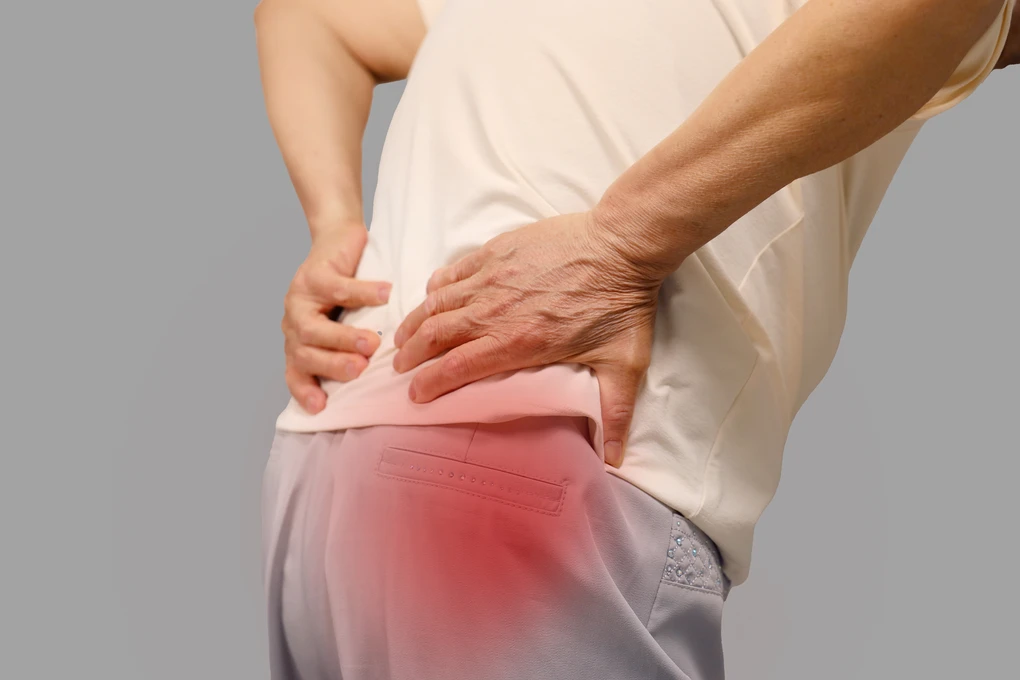A Comprehensive Guide to Hip Pain: Causes, Symptoms, Treatment

Understanding the causes, symptoms, and treatment options for hip pain is the first step toward finding relief and preventing further complications. In this comprehensive guide, we explore the most common reasons for hip pain and how it can be effectively managed.
What Causes Hip Pain?
The hip joint is one of the body's largest and most important joints. It bears your body’s weight and allows for a wide range of movement. Because of its critical role, the hip is susceptible to several types of injuries and degenerative conditions. Here are some of the most common causes:
Osteoarthritis
Osteoarthritis is one of the leading causes of chronic hip pain, especially in older adults. It occurs when the cartilage that cushions the bones in the joint wears down over time, leading to inflammation, stiffness, and pain.
Hip Labral Tear
The labrum is a ring of cartilage that surrounds the socket of the hip joint. Tears can occur due to trauma, repetitive motion (common in athletes), or structural abnormalities. This condition can cause pain, clicking, or catching sensations in the hip.
Bursitis
Bursae are fluid-filled sacs that cushion the hip joint. When these become inflamed—a condition known as bursitis—it can cause sharp pain, especially when lying on the affected side or during specific movements.
Tendinitis
Tendinitis involves inflammation of the tendons around the hip due to overuse or strain. It is often seen in people who participate in sports or activities involving repetitive motion.
Hip Fractures
More common in older adults, especially those with osteoporosis, hip fractures usually occur after a fall or trauma. They are a serious injury that requires urgent medical attention.
Muscle or Ligament Strain
Overuse or sudden movements can strain the muscles, ligaments, or tendons surrounding the hip. This is especially common among athletes or individuals who have recently increased their activity levels.
Symptoms of Hip Pain
Hip pain can present in different ways depending on the underlying cause. Some of the most common symptoms include:
- Pain in the hip joint, groin, thigh, or buttocks
- Stiffness or reduced range of motion
- Swelling and tenderness
- Clicking, popping, or catching sensation
- Pain that worsens with activity or prolonged sitting/standing
- Limping or difficulty bearing weight on the affected leg
The location and nature of the pain can help guide the diagnosis. For instance, pain on the outside of the hip often suggests bursitis or tendinitis, while groin pain is more commonly associated with issues inside the joint.
Diagnosing the Cause of Hip Pain
An accurate diagnosis is crucial to determining the right treatment plan. At Axis Orthopaedics, a thorough assessment typically includes:
- Medical history and physical examination: Your doctor will ask about the onset, location, and nature of your pain, as well as your activity level and any previous injuries
- Imaging tests: X-rays, MRIs, or CT scans may be used to assess bone and soft tissue conditions
- Movement and strength tests: Functional tests may help identify weaknesses or limitations in range of motion
Treatment Options for Hip Pain
Treatment for hip pain depends on the cause and severity of the condition. Conservative management is often the first line of treatment, with surgery considered in more advanced or unresponsive cases.
Non-Surgical Treatments
- Rest and Activity ModificationAvoiding activities that aggravate the pain can help reduce inflammation and promote healing
- PhysiotherapyA personalised rehabilitation program can strengthen muscles, improve flexibility, and restore range of motion
- MedicationsNon-steroidal anti-inflammatory drugs (NSAIDs) may help manage pain and inflammation. In some cases, corticosteroid injections are used for more targeted relief
- Assistive DevicesUsing a cane or walker temporarily can help offload the affected hip and provide support during recovery
Surgical Treatments
If conservative measures are not effective, or if the injury is severe (e.g., a fracture or advanced osteoarthritis), surgery may be recommended. Common procedures include:
- Hip Arthroscopy: A minimally invasive procedure used to repair labral tears or remove loose bodies within the joint
- Hip Resurfacing: An alternative to total hip replacement in younger, more active patients
- Total Hip Replacement (Arthroplasty): Involves replacing the damaged hip joint with an artificial one. This is typically reserved for severe osteoarthritis or fractures
Preventing Hip Pain
While not all causes of hip pain are preventable, certain lifestyle habits can reduce your risk:
- Maintain a healthy weight to reduce stress on the hip joints
- Warm up and stretch properly before exercise
- Strengthen the muscles around your hips and core
- Use proper techniques during physical activity
- Listen to your body and avoid overtraining or repetitive strain
When to See an Orthopaedic Specialist
If you're experiencing persistent hip pain that interferes with your daily activities or doesn't
improve with rest, it's time to consult a specialist. Early diagnosis and intervention can
prevent further damage and improve outcomes.
At Axis Orthopaedic Centre, our experienced team is dedicated to helping you find relief from
hip pain through accurate diagnosis, personalised treatment plans, and advanced orthopaedic
care. Schedule a consultation today.




